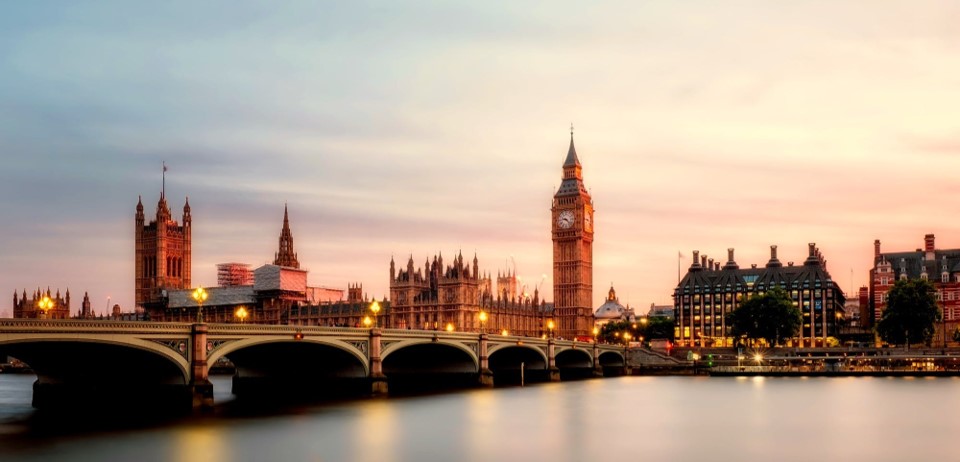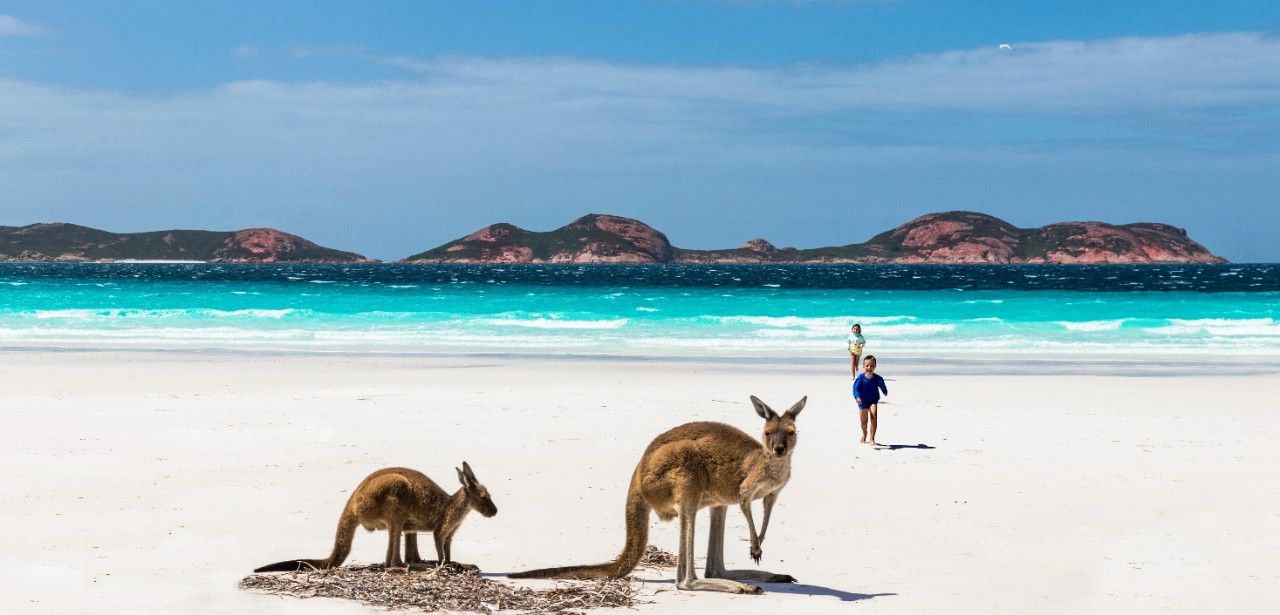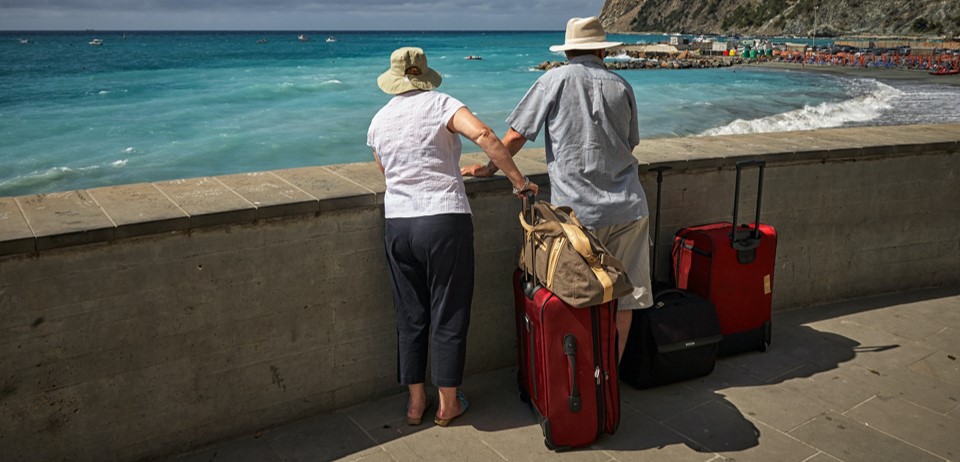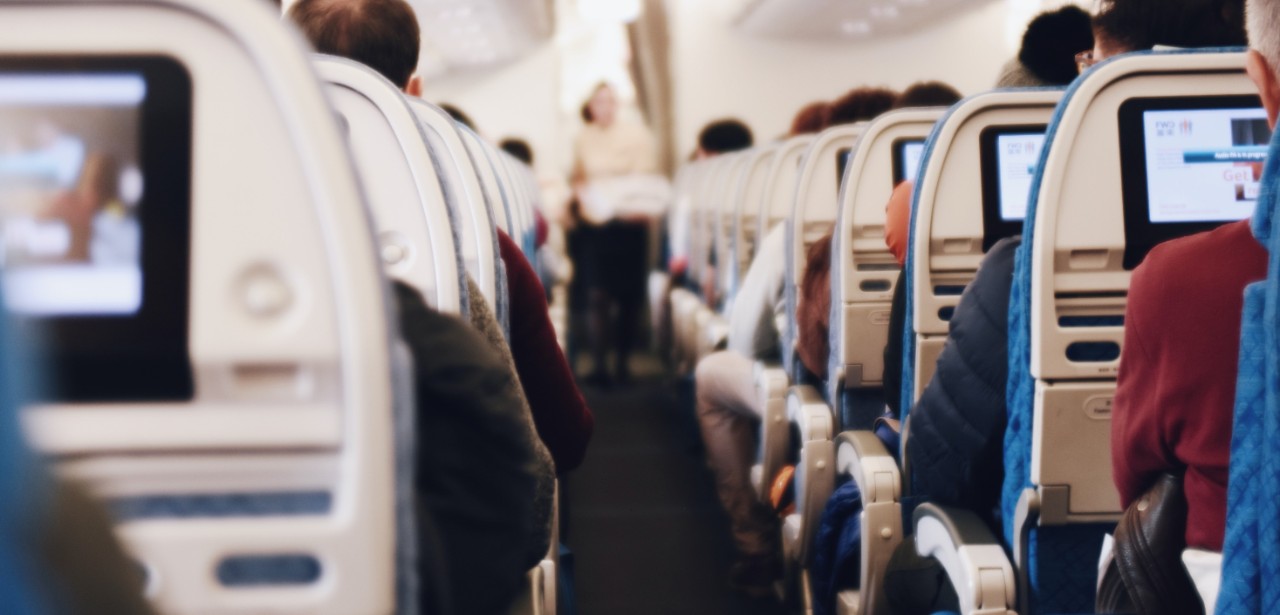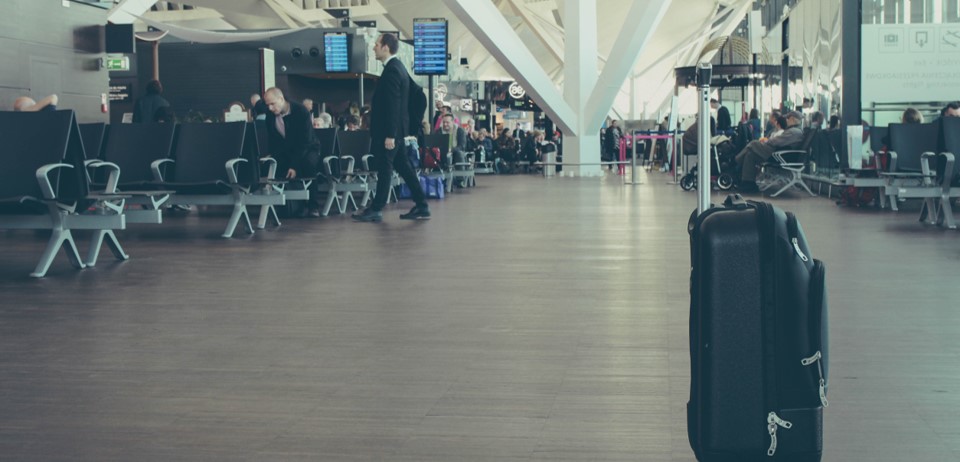As of 29 September 2022, Singporeans will not need to take a PCR test before departure, and there are no vaccination requirements upon entry into Taiwan.
As of 13 October 2022, travellers will no longer be required to quarantine themselves and will only have to undertake 7 days of Self-initiated Epidemic Prevention (which means taking one RAT every 2 days and wearing a mask).
No longer do visitors need to take a saliva PCR test upon arrival. They can serve their 7-day Self-initiated Epidemic Prevention term in an appropriate private residence that abides by the "one person per room" criteria.












